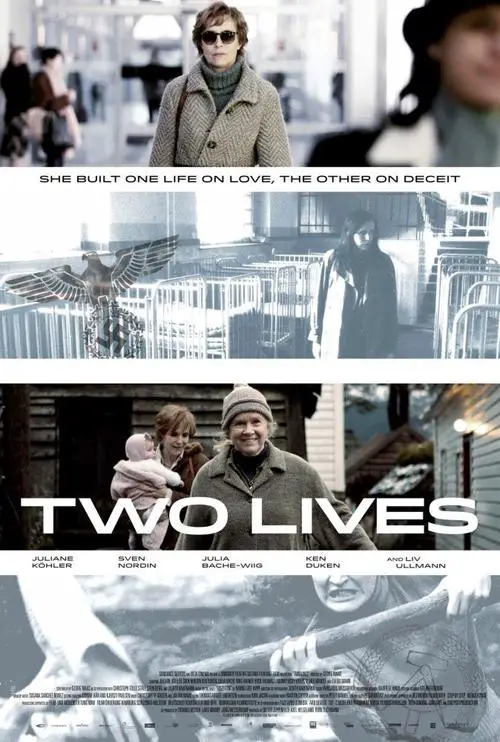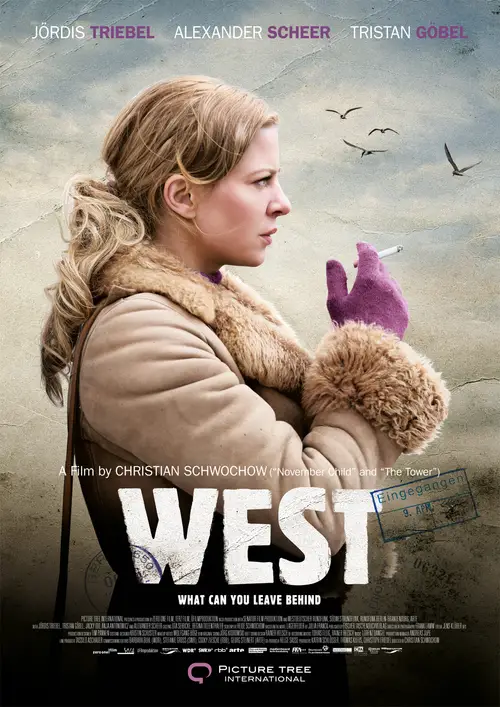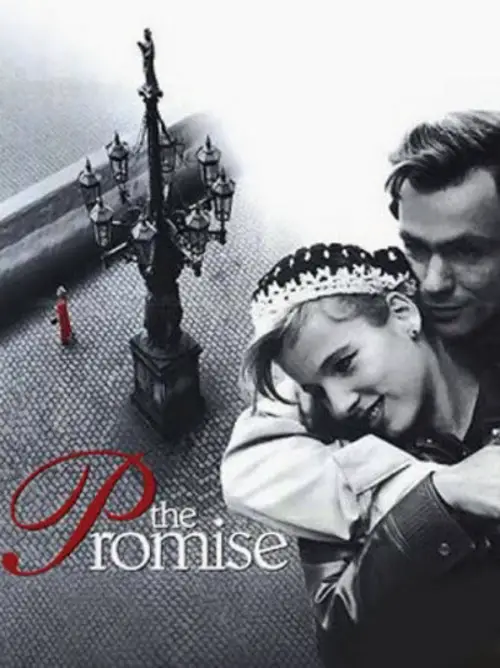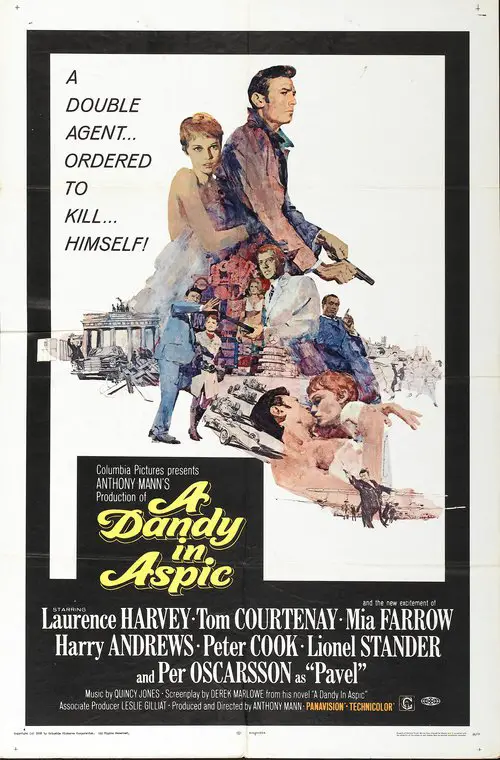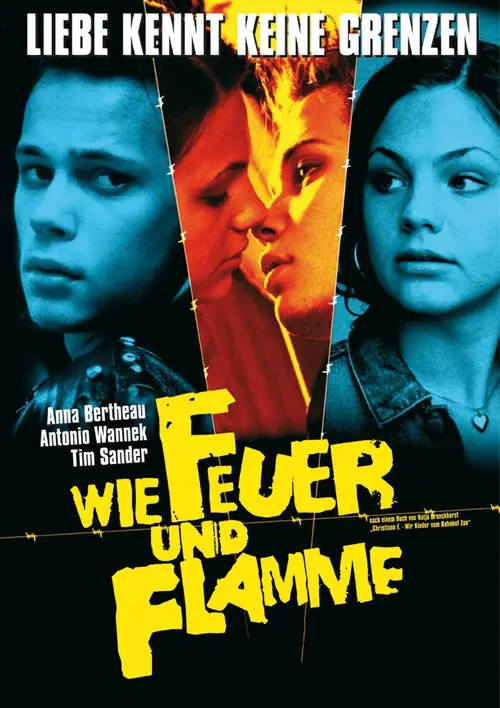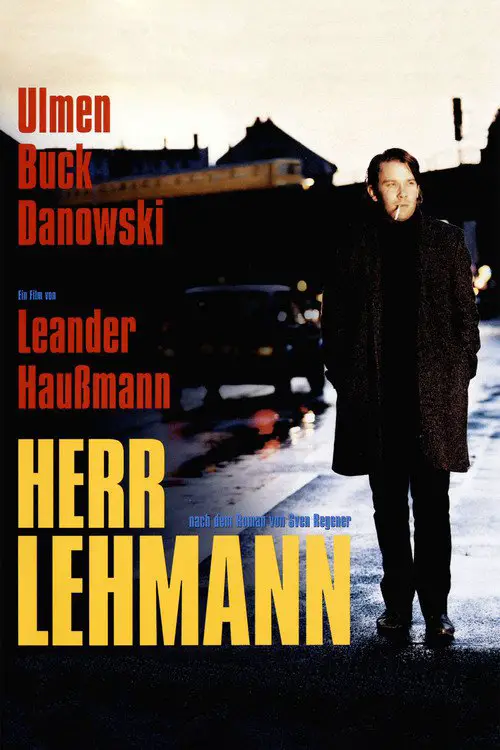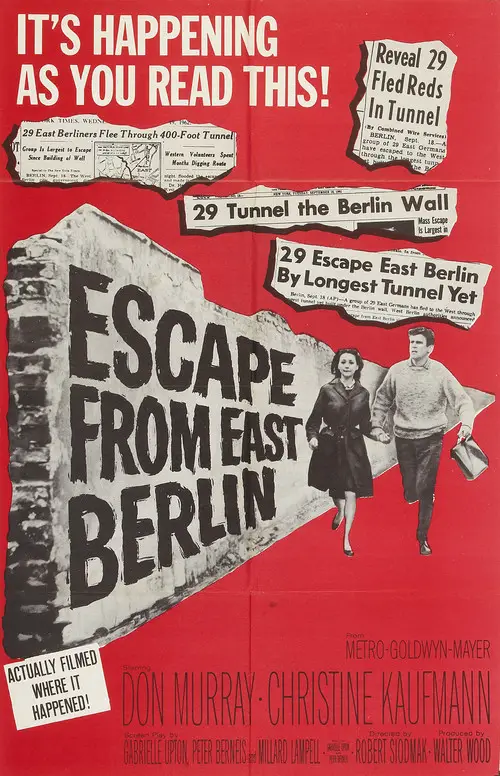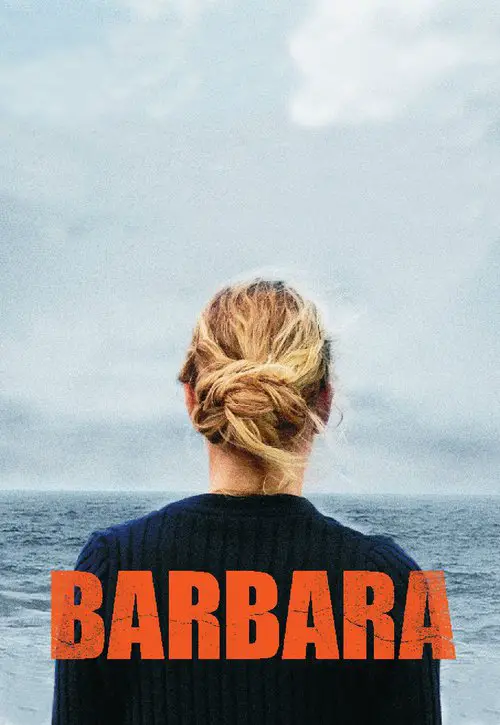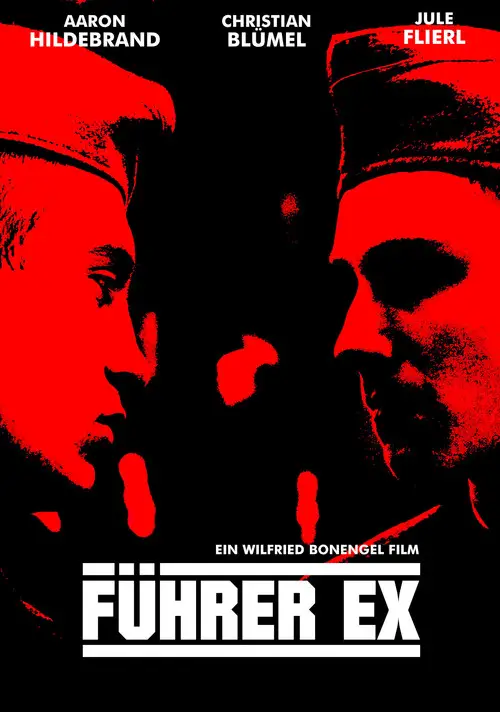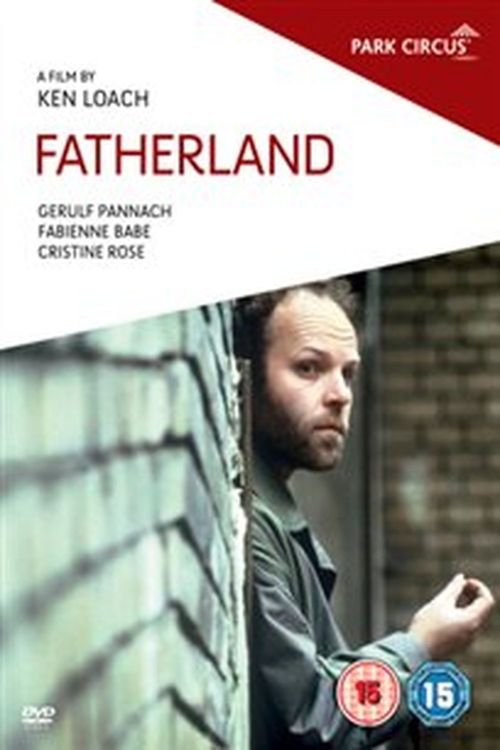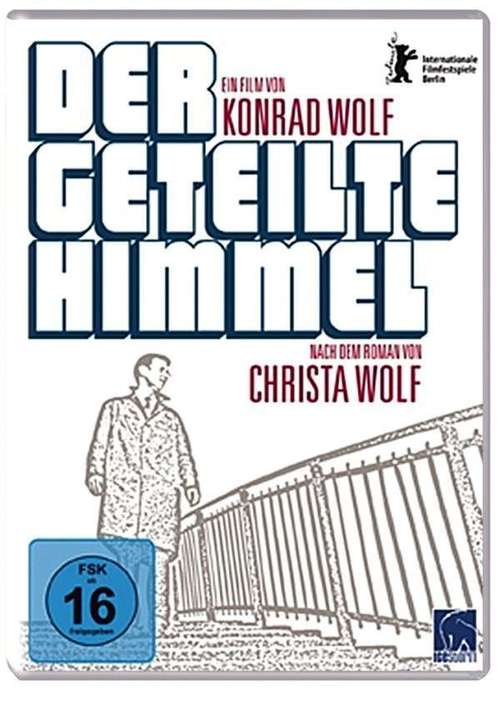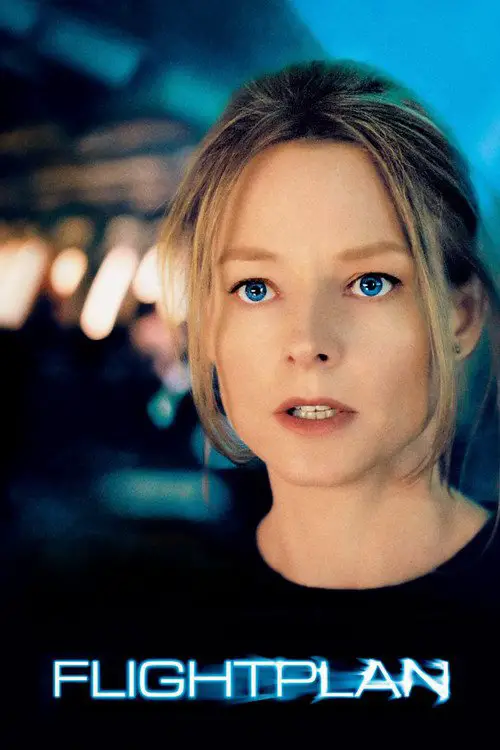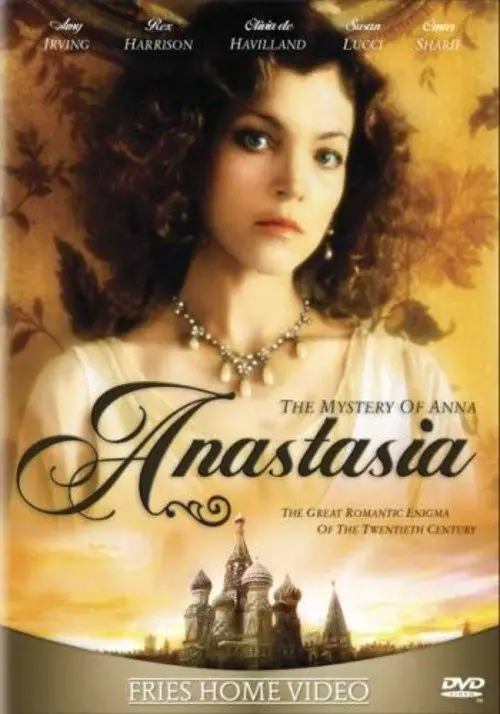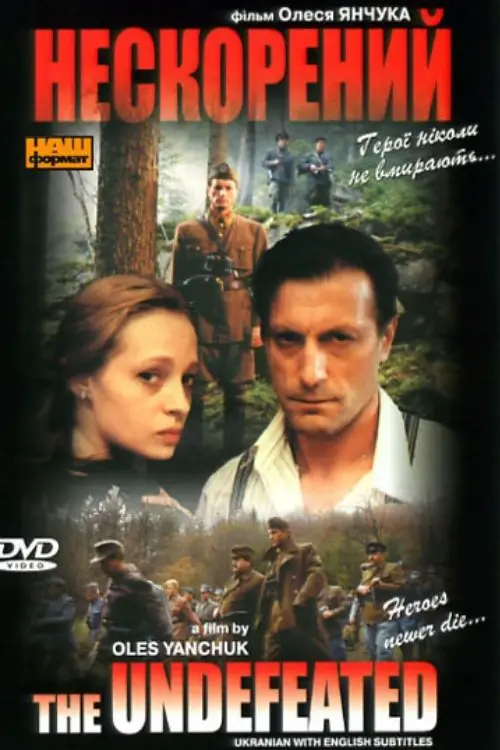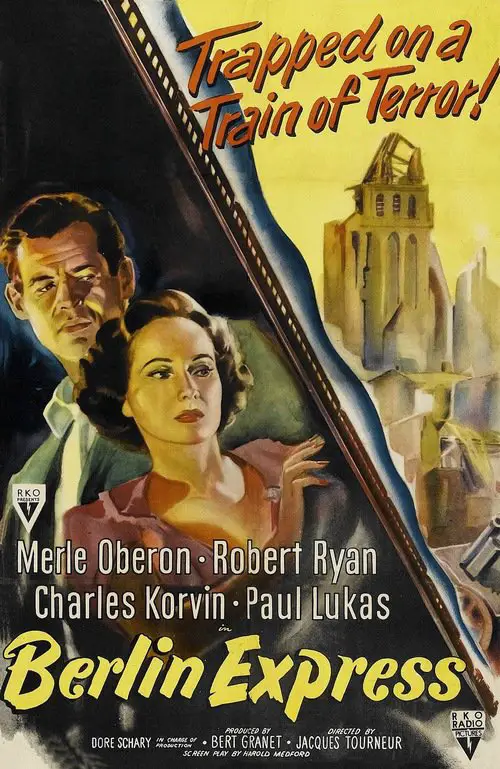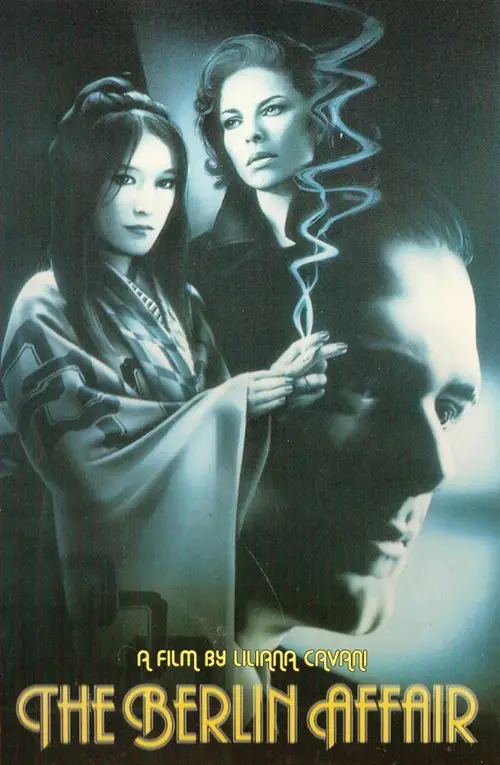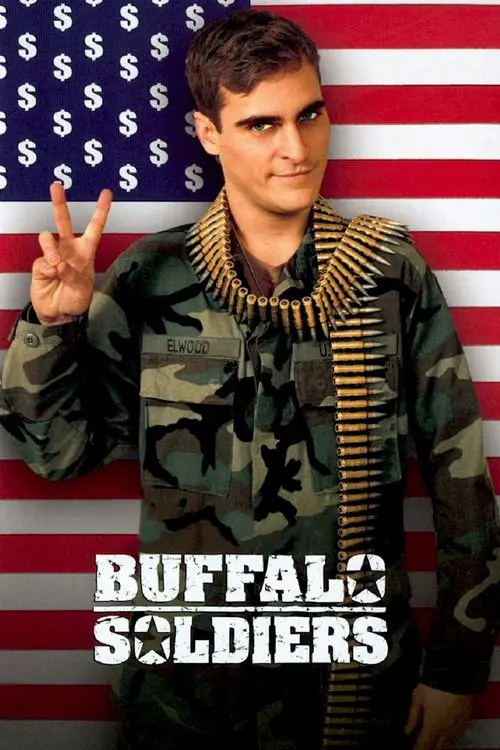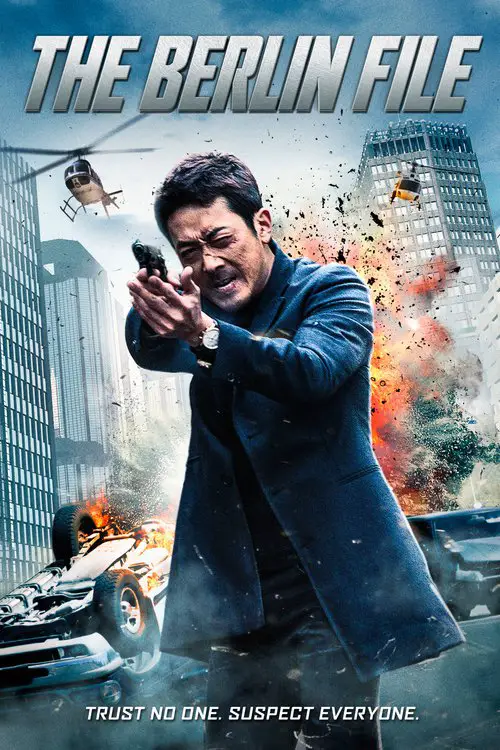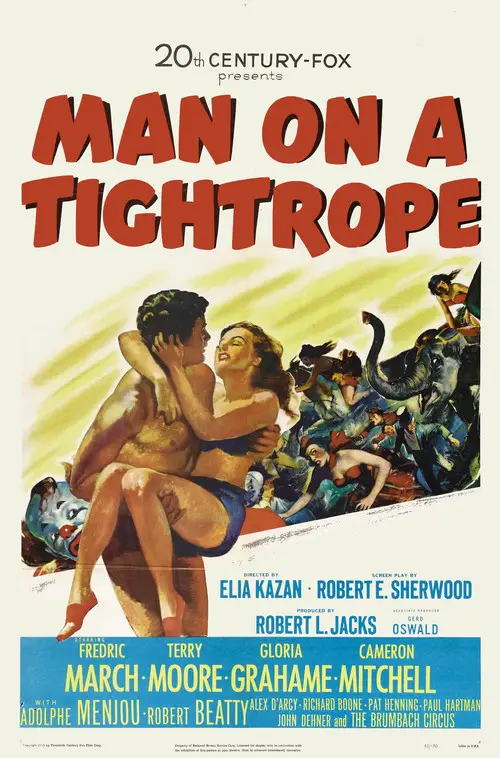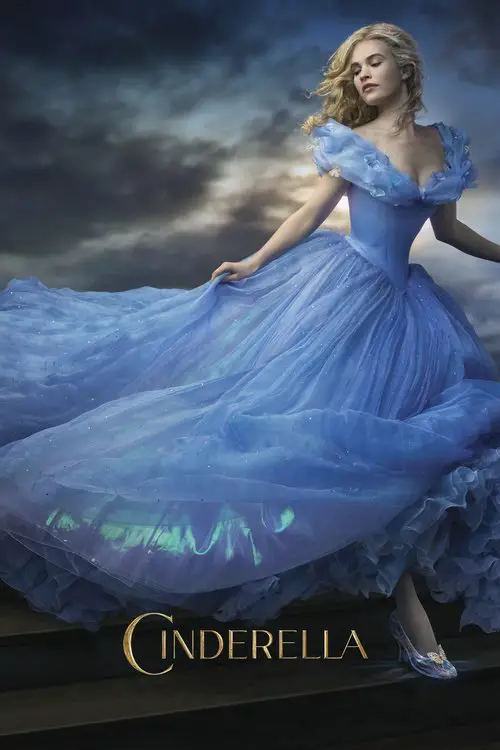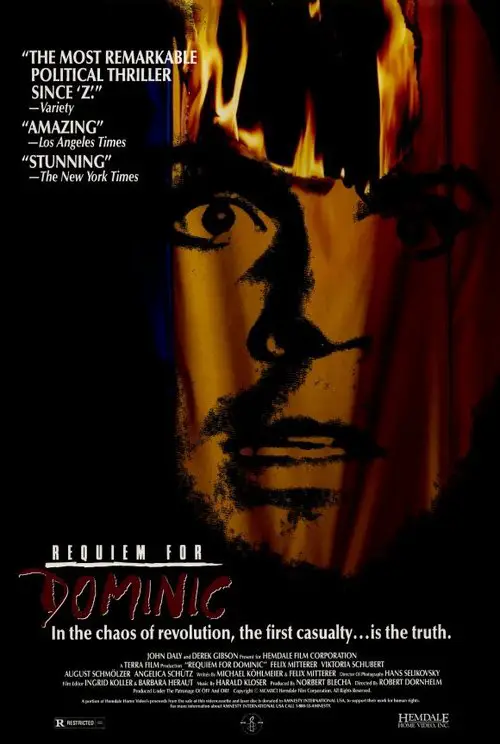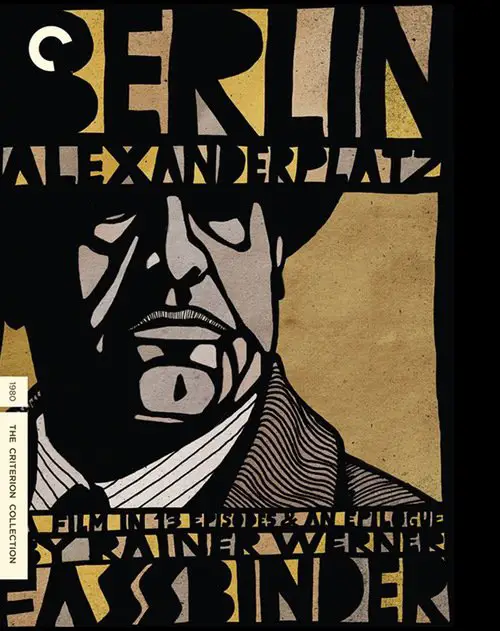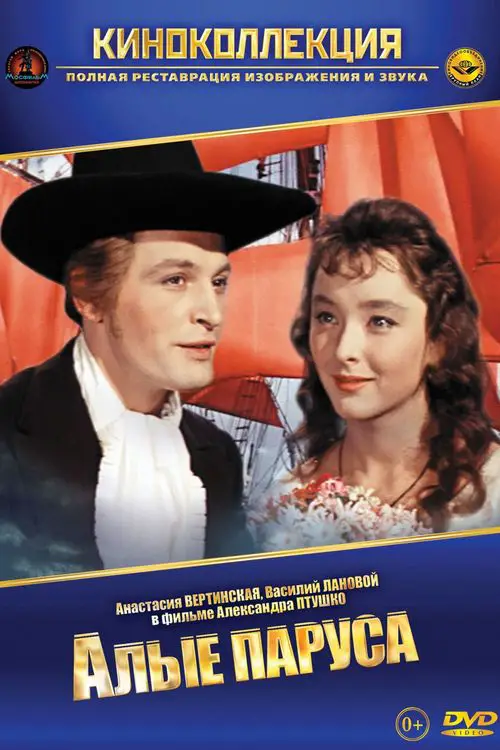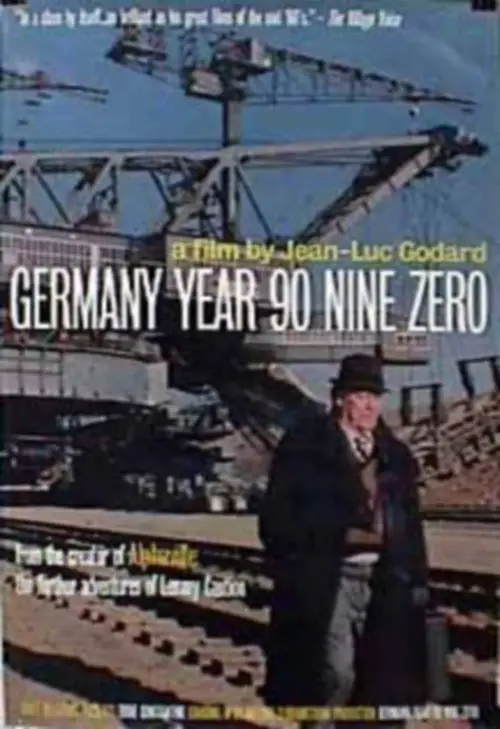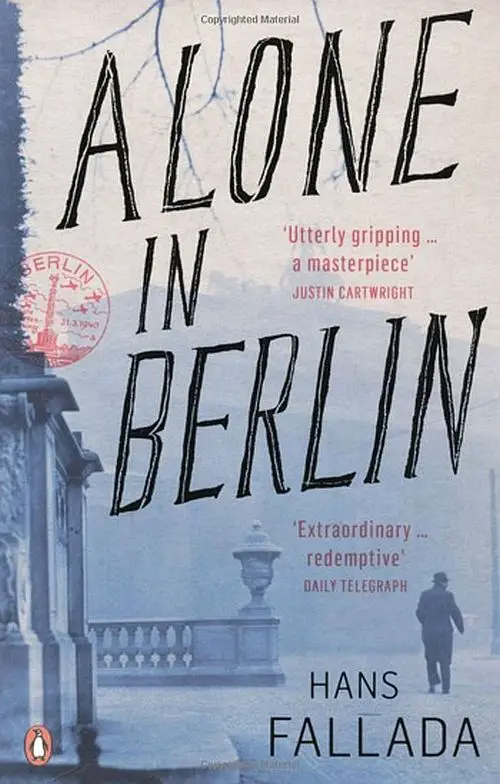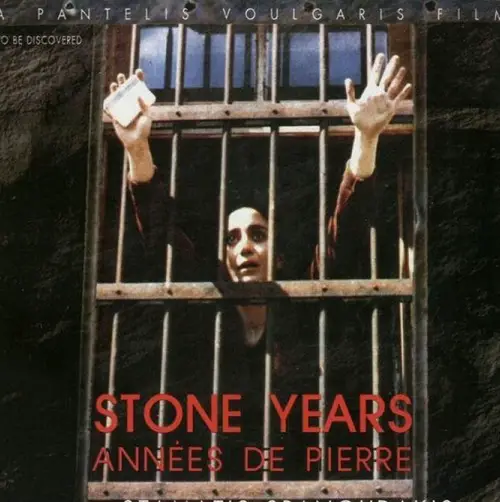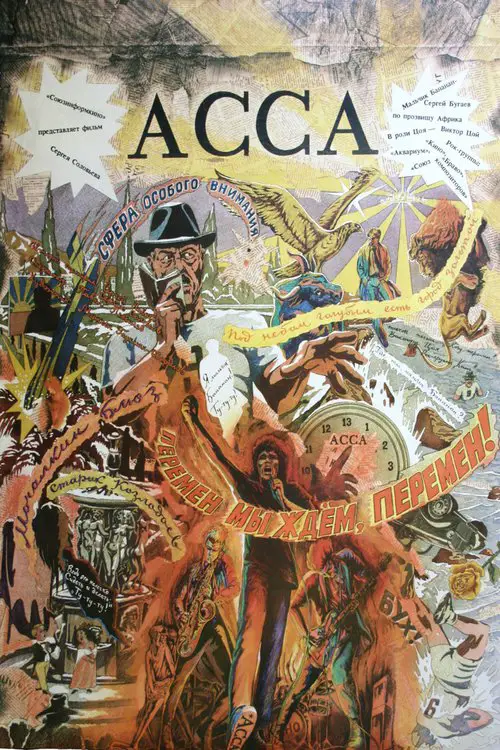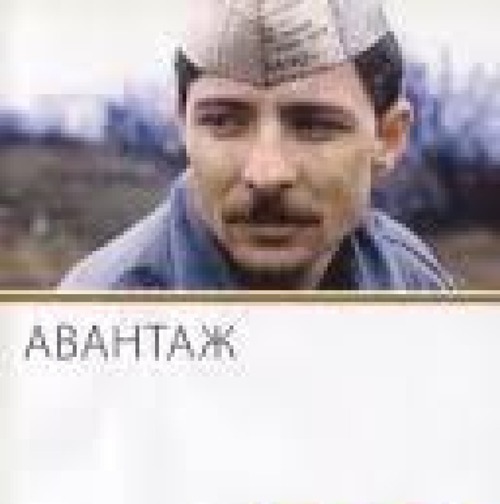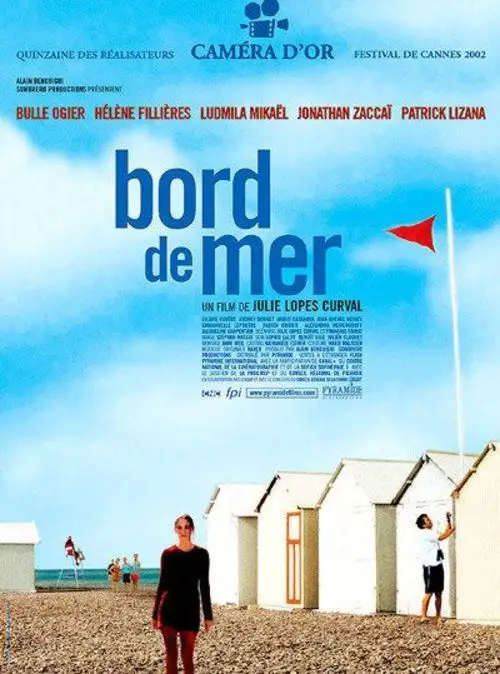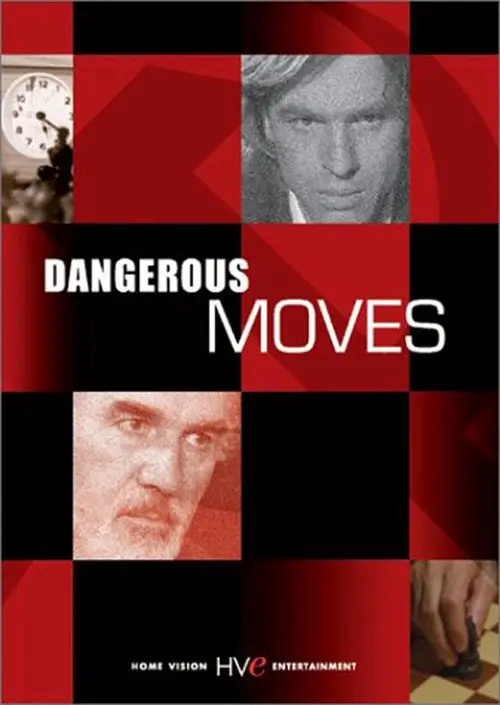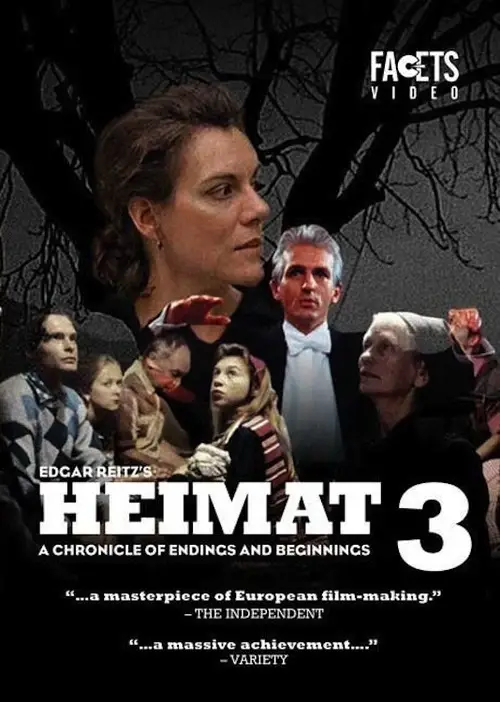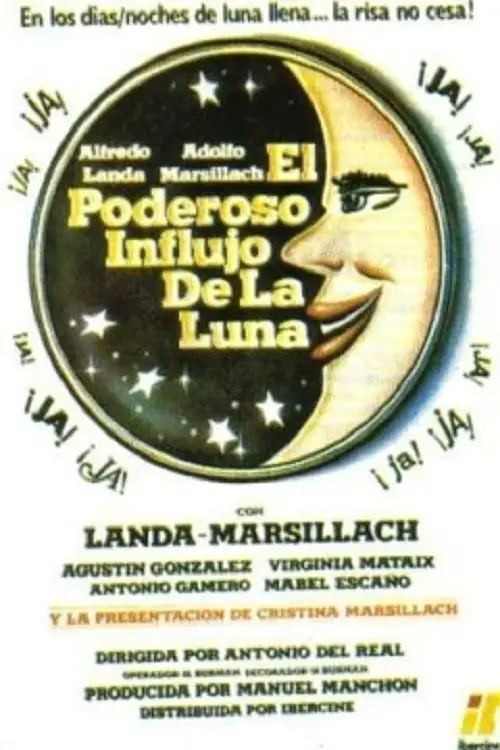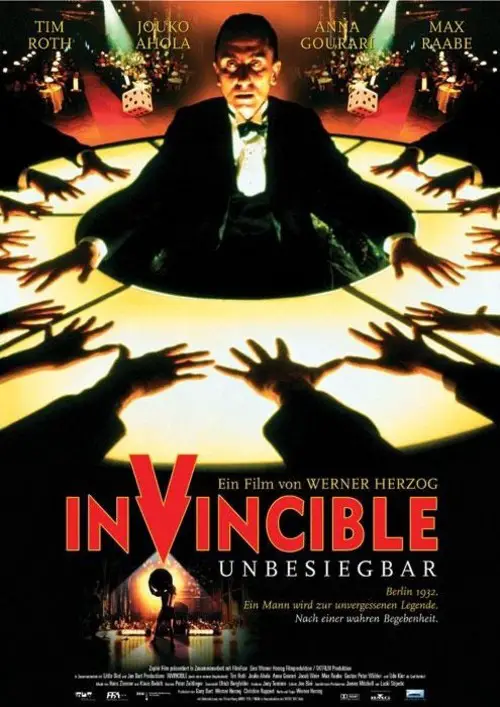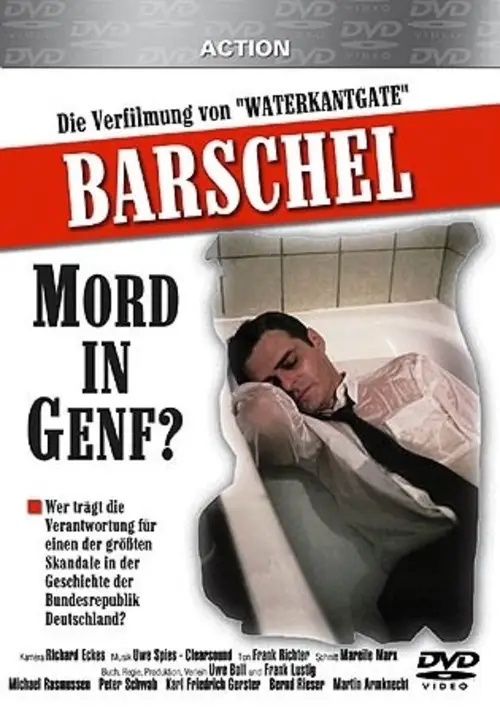Westflug - Entführung aus Liebe (2010)
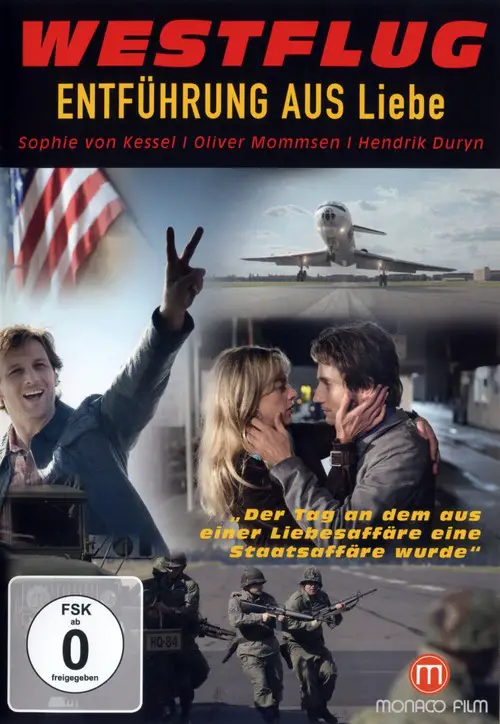
Similar movies
In this acclaimed drama inspired by true events, Olympic swimmer Harry Melchior (Heino Ferch) defects from East Germany in the 1960s and hatches a daring plot to help his sister (Alexandra Maria Lara) and others flee East Berlin through a 145-yard underground tunnel. With the help of an engineer (Sebastian Koch), Melchior leads the risky plan, under constant threat of being discovered by the authorities.
Europe 1990, the Berlin wall has just crumbled: Katrine, raised in East Germany, but now living in Norway for the last 20 years, is a âwar childâ; the result of a love relationship between a Norwegian woman and a German occupation soldier during World War II. She enjoys a happy family life with her mother, her husband, daughter and granddaughter. But when a lawyer asks her and her mother to witness in a trial against the Norwegian state on behalf of the war children, she resists. Gradually, a web of concealments and secrets is unveiled, until Katrine is finally stripped of everything, and her loved ones are forced to take a stand: What carries more weight, the life they have lived together, or the lie it is based on?
East Germany. Summer, late 70's. Three years after her boyfriend Wassilij's apparent death, Nelly Senff decides to escape from behind the Berlin wall with her son Alexej, leaving her traumatic memories and past behind. Pretending to marry a West German, she crosses the border to start a new life in the West. But soon her past starts to haunt her as the Allied Secret Service begin to question Wassilij's mysterious disappearance. Is he still alive? Was he a spy? Plagued by her past and fraught with paranoia, Nelly is forced to choose between discovering the truth about her former lover and her hopes for a better tomorrow.
East-Berlin, 1961, shortly after the erection of the Wall. Konrad, Sophie and three of their friends plan a daring escape to Western Germany. The attempt is successful, except for Konrad, who remains behind. From then on, and for the next 28 years, Konrad and Sophie will attempt to meet again, in spite of the Iron Curtain. Konrad, who has become a reputed Astrophysicist, tries to take advantage of scientific congresses outside Eastern Germany to arrange encounters with Sophie. But in a country where the political police, the Stasi, monitors the moves of all suspicious people (such as Konrad's sister Barbara and her husband Harald), preserving one's privacy, ideals and self-respect becomes an exhausting fight, even as the Eastern block begins its long process of disintegration.
Wings of Desire is Wim Wenderâs artistically beautiful film about the lonely and immortal life of angels during a post-war Berlin. Itâs a poetic journey from the perspective of the angels of which one falls in love with a living woman and wants to become a mortal human thus giving up his heavenly life. Filmed in black and white and with a feeling of celebrating life.
Double-agent Alexander Eberlin is assigned by the British to hunt out a Russian spy, known to them as Krasnevin. Only Eberlin knows that Krasnevin is none other than himself! Accompanying him on his mission is a ruthless partner, who gradually discovers his secret as Eberlin tries to maneuver himself out of a desperate situation.
Berlin, 1989. Sascha is a young East German border guard and Franzi is a lively young West German woman who's just moved into a flat next to Sascha's watchtower at the Berlin Wall. It takes only a slight mishap and a selfless act of chivalry and the two fall in love. But soon the Stasi believes they are witnessing the start of a revolt. This is the time of mass protests and East Germans taking refuge in the West German embassy in Prague after all. Franzi and Sascha have to find their ways to stand up for their love and strive for the impossible; to bring down the wall.
Germany 1982: The country is divided into two parts. Nele, coming from West-Germany, travels to East-Germany where she meets Captain, singer of a band. They fall in love with each other, but the regime "takes care" of their relationship, meaning: They can not see each other again. Germany 1990: The country is reunited. Nele starts searching their lost love...
In October 1989, the part of the West Berlin borough of Kreuzberg called SO 36, had been largely shut off by the Wall from the rest of the city for 28 years. A lethargic sub-culture of students, artists, bohemians and barflys had flourished among crumbling buildings. Part of that microcosm is barkeeper Frank, semi-formally called 'Herr Lehmann' by friends and patrons. He hangs out drinking, sports utter disregard for anything beyond SO 36 and lazily pursues an affair with cook Katrin. His lifestyle is gradually disturbed, when his parents show up for a visit, things go awry with Katrin and his best friend Karl starts to act strange. Meanwhile, political turmoil mounts on the other side of the Wall.
Summer, 1980. Barbara, a doctor, has applied for an exit visa from the GDR (East Germany). Now, as punishment, she has been transferred from Berlin to a small hospital out in the country, far from everything. Jörg, her lover from the West, is already planning her escape. Barbara waits, keeping to herself. The new apartment, the neighbors, summertime, the countryside â none of that means anything to her. Working as a pediatric surgeon under her new boss Andre, she is attentive when it comes to the patients, but quite distanced toward her colleagues. Her future, she feels, will begin later. But Andre confuses her. His confidence in her professional abilities, his caring attitude, his smile. Why does he cover for her when she helps the young runaway Sarah? Does he have an assignment to keep track of her? Is he in love? But as the day of her planned escape quickly approaches, Barbara starts to lose control. Over herself, her plans, over love.
Ingo Hasselbach, whose parents were Communist Party members in East Germany during his childhood, has lived at both ends of the political seesaw. The question of how people reach a change of heart is a profound one; Hasselbach describes the external forces that led to his founding Germany's first neo-Nazi political party and the internal ones that led him away from it five years later.
Persona Non Grata in his homeland, protest singer Klaus Drittemann must leave East Berlin, his wife and child and emigrate to West Berlin, where the representatives of an American record company are eagerly waiting for him. They plan to exploit his defection from communism both ideologically and financially. But Klaus, as ill-at-ease in the West as he was in the East, is reluctant to be used as an expendable commodity. Leaving his contract unsigned (or signed in his manner), he leaves for Cambridge to meet his father, a concert player, who -just like him - left East Berlin thirty years ago as Klaus was a little boy. He is accompanied by a young French journalist, Emma, who knows where his father has been living since he disappeared for more than a decade. The young lady is cooperative but might hide things from him...
An interpol agent and an attorney are determined to bring one of the world's most powerful banks to justice. Uncovering money laundering, arms trading, and conspiracy to destabilize world governments, their investigation takes them from Berlin, Milan, New York and Istanbul. Finding themselves in a chase across the globe, their relentless tenacity puts their own lives at risk.
A nameless woman keeps a diary as the Russians invade Berlin in the spring of 1945. She is in her early 30s, a patriotic journalist with international credentials; her husband, Gerd, a writer, is an officer at the Russian front. She speaks Russian and, for a day or two after the invasion, keeps herself safe, but then the rapes begin. She resolves to control her fate
In 1950, long after the world has finished fighting World War II, a fight continues behind the newly drawn Iron Curtain: as the Ukrainians keep fighting both Nazi and Soviet abuses, General Roman Shukhevych (Hryhoriy Hladiy) is forced by brutal circumstances and his own sense of honor and duty to lead this effort as an underground war. As portrayed by the film, Shukhevych is a genteel family man who is also a complex character (revolted by ethnic discrimination, a music lover and a military genius) that with his charisma fuels his countrymen with desire for freedom. In the end, Shukhevych's efforts are unable to defeat the Soviets despite paying for his resistance with his life, but they re-enforce Ukrainian patriotism as an underground force until Ukraine finally recovers its freedom from Soviet tyranny.
In 1938 Berlin, Gudrun Landgrebe, wife of Nazi functionary Kevin McNally, begins taking art lessons. She makes the acquaintance of another student, Japanese ambassador's daughter Mio Takaki. Soon afterwards, the two women begin a passionate lesbian affair. This leads to a chain reaction of disaster and tragedy, culminating with the inevitable intervention of the Gestapo. Despite the film's galloping sexual passions, The Berlin Affair is an exercise in aloofness, keeping the characters at arm's length-surprising, considering that the director was Liliana Cavani, auteur of the erotic classic The Night Porter (1974). The film was based on The Buddhist Cross, a novel by Junichiro Tanizaki.
Set just before the fall of the Berlin Wall in 1989, Sgt. Ray Elwood is an American soldier stationed at a German army camp. A soldier because a judge gave him a choice between the army and jail, Ray spends much of his free time cooking cocaine for the MPs. When a soldier dies and a toxicology screen shows an alarming level of illegal narcotics, someone is sent in to investigate.
JUNG Jin-soo, a South Korean intelligence agent, comes across an unidentifiable operative, a 'ghost,' while surveilling a North Korean weapons deal in Berlin. The mystery figure is a North Korean secret agent, PYO Jong-seong, whose information cannot be found on any intelligence database. Jung quickly goes after Pyo to unveil his identity and gets himself embroiled in a vast international conspiracy. In the meanwhile, another North Korean operative, DONG Myung-soo, is dispatched to Berlin with a secret agenda to purge Pyo and take control of the North Korean embassy. Dong sets a trap to frame Pyo's wife, RYUN Jung-hee, for treason and tightens the noose around Pyo's neck. Pyo surveils his wife with hopes of clearing accusation against her but he plunges into deeper confusion when he discovers her secret.
Elia Kazan's 1953 film stars Fredric March as the owner of an impoverished circus in Communist-ruled Czechoslovokia who plots to flee across the border to freedom, taking his entire troupe of performers and wild animals with him. The cast also includes Gloria Grahame, Terry Moore, Cameron Mitchell, Richard Boone and Adolphe Menjou.
An American journalist played by George Clooney arrives in Berlin just after the end of World War Two. He becomes involved in a murder mystery surrounding a dead GI who washes up at a lakeside mansion during the Potsdam negotiations between the Allied powers. Soon his investigation connects with his search for his married pre-war German lover played by Cate Blanchett.
Flanders, a famous female author, travels 1989 after the fall of the Berlin wall into the German capitol. She is deeply depressed of the events because she saw the communistic states as a very good thing that has now ended. In the joy of these days she finds no person to understand her, so she has to travel back to Munich. After meeting several people, known and unknown, it seems as if there will be no way to go.
Berlin Alexanderplatz, originally broadcast in 1980, is a 14-part television film adapted and directed by Rainer Werner Fassbinder from the Alfred Döblin novel of the same name, and stars Günter Lamprecht, Hanna Schygulla, Barbara Sukowa, Elisabeth Trissenaar and Gottfried John. The complete film is 15½ hours long.
Top astrophysicist Sasha Greenberg has spent the past 17 years working in the United States. An invitation to speak at a Congress on Cosmology in his native Moscow brings him home for the first time to confront colleagues, and unanswered personal questions. As Russia undergoes perestroika, public and private lives are radically re-assessed and Sasha sees the social and sexual upheavals as a crisis
A little girl Assol met a wizard and it has been foretold: "... it will be a fine sunny day when a beautiful ship under scarlet sail comes and the noble prince will take you away from here. He'll take you to the world of your dreams, where you will be loved and happy." The neighbours told jokes about her, children teased her, but she waited for her prince. She trusted in the miracles and waited. Arthur Gray's rule was "if you can make a miracle, do it!". And he made a miracle for the wonderful romantic girl.
Gabrielle Deneige is an independent, ambitious TV weather girl torn between her love of a distinguished author several decades her senior, and the attentions of a headstrong, potentially unstable young suitor. An unspoken past between the two men heightens tensions, and though she's initially certain of her love for one them, the see-saw demands and whims of both men keep confusing - and darkening - matters. Before long she's encountering emotional and societal forces well beyond her control, inexorably leading to a shocking clash of violence and passion.
Berlin in June of 1940. While Nazi propaganda celebrates the regimeâs victory over France, a kitchen-cum-living room in Prenzlauer Berg is filled with grief. Anna and Otto Quangelâs son has been killed at the front. This working class couple had long believed in the âFührerâ and followed him willingly, but now they realise that his promises are nothing but lies and deceit. They begin writing postcards as a form of resistance and in a bid to raise awareness: Stop the war machine! Kill Hitler! Putting their lives at risk, they distribute these cards in the entrances of tenement buildings and in stairwells. But the SS and the Gestapo are soon onto them, and even their neighbours pose a threat.
When you read the title âSummer on the Balconyâ you probably think it will be a light Berlin summer comedy but itâs not. This film is an intimate study of two women friends who come to each other because of troubles with everyday life and with men and thus try to enjoy a life based on their ideas.
Good Bye Lenin was the biggest box-office hit for Germany in 2003. An affectionate and refreshing East/West-Germany comedy about a boy whoâs mother was in a coma while the Berlin wall fell and when she wakes up he must try to keep her from learning what happen (since she was an avid communist supporter) to avoid shocking her which could lead to another heart attack.
Nina, an end-of-teenage orphan with mental problems, starts a new job as a garden cleaner when she meets Toni. They fell in love with each other, but soon Toni starts betraying Nina. In the meantime, Francoise is picked up at a psychic department of a Berlin hospital by her husband, Pierre. After seeing Nina, Francoise believes that she has found her kidnapped daughter Marie, but neither Toni nor Pierre believe her. Nina is unsure about what to think...
This is the story of Mr. Brochu, whose friends like to call "the Boss". He runs his gas station the best he can and tries to stay happy no matter what happens. This movie relates all the small tragedies surrounding the gaz bar, such as hold-ups, competition from the big companies invading the neighbourhood, and the fact that is sons don't seem to be interested in the gas station.
Ten-year-old Gabe was just a normal kid growing up in Manhattan until Rosemary Telesco walked into his life, actually into his karate class. But before Gabe can tell Rosemary how he feels, she tells him she will not be going to public school any more. Gabe has a lot more to learn about life, love, and girls.
Berlin 1943/44 ("The Battle of Berlin"). Felice, an intelligent and courageous Jewish woman who lives under a false name, belongs to an underground organization. Lilly, a devoted mother of four, though an occasional unfaithful wife, is desperate for love. An unusual and passionate love between them blossoms despite the danger of persecution and nightly bombing raids. The Gestapo is on Felice's trail. Her friends flee, she decides to sit out the war with Lilly. One hot day in August 1944, the Gestapo is waiting in Lilly's flat...
Reportedly the first film to come out of East Germany to deal openly with gay issues. Philipp, a closeted teacher is dating a female collegue to keep up appearances. One night, by 'accident' he stumbles into a gay bar, meets and promptly falls in love with a young man. Transformed by this love he is no longer afraid to face up to who he is.
Seaside takes place in a small coastal town on the Bay of Somme. The year-round inhabitants find ways to make their lives work; Paul, a lifeguard in the summer, works at the grocery all winter. His mother, Rose (Ogier) likes to play the slots just about anytime; his girlfriend Marie works in the local factory - the town's biggest business - but watching the summertime vacationers each year just makes her increasingly curious about what else might be out there. From these and several other stories, aided by close, revealing observations, we see a community perched between transition and stasis.
This unusual Swiss movie was the surprise winner of the 1985 Academy Award for Best Foreign Film. The story is set in Geneva in 1983 during the World Chess Championship. The two players are Akiva Liebskind (Michel Piccoli), a 52-year-old Soviet master who comes to the competition with an inflated ego and an ailing heart, and Pavius Fromm (Alexander Arbatt), an unpredictable 35-year-old Soviet dissident who fled to the West five years ago and cannot wait to make Russia look bad.
What To Do In Case of Fire? tells the humorous and touching story of six former creative anarchists who lived as house squatters in Berlin during its heyday in the 80s when Berlin was still an island in the middle of the former eastern Germany. At the end of the 80s they went their separate ways with the exception of Tim and Hotte, who have remained true to their ideals and continue to fight the issues they did as a group. In 2000, with Berlin as Germany's new capital, an event happens forcing the group out of existential reason to reunite and, ultimately, come to grips with the reason they separated 12 years ago.
Heimat 3 is the third cycle of Edgar Reitz's monumental Heimat series, which premiered at the 2004 Venice Film Festival. The third Heimat completes the trilogy and brings together particularly the settings of Heimat 1. It follows the new generation of the Simon family, in a period spanning from 1989 to 2000. Germany changed dramatically in this period, and Reitz cleverly reflects the historical events through the charactersâ lives.
© Valossa 2015–2026
| Privacy Policy


